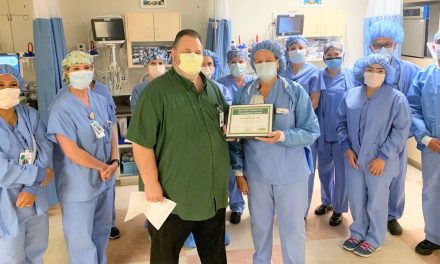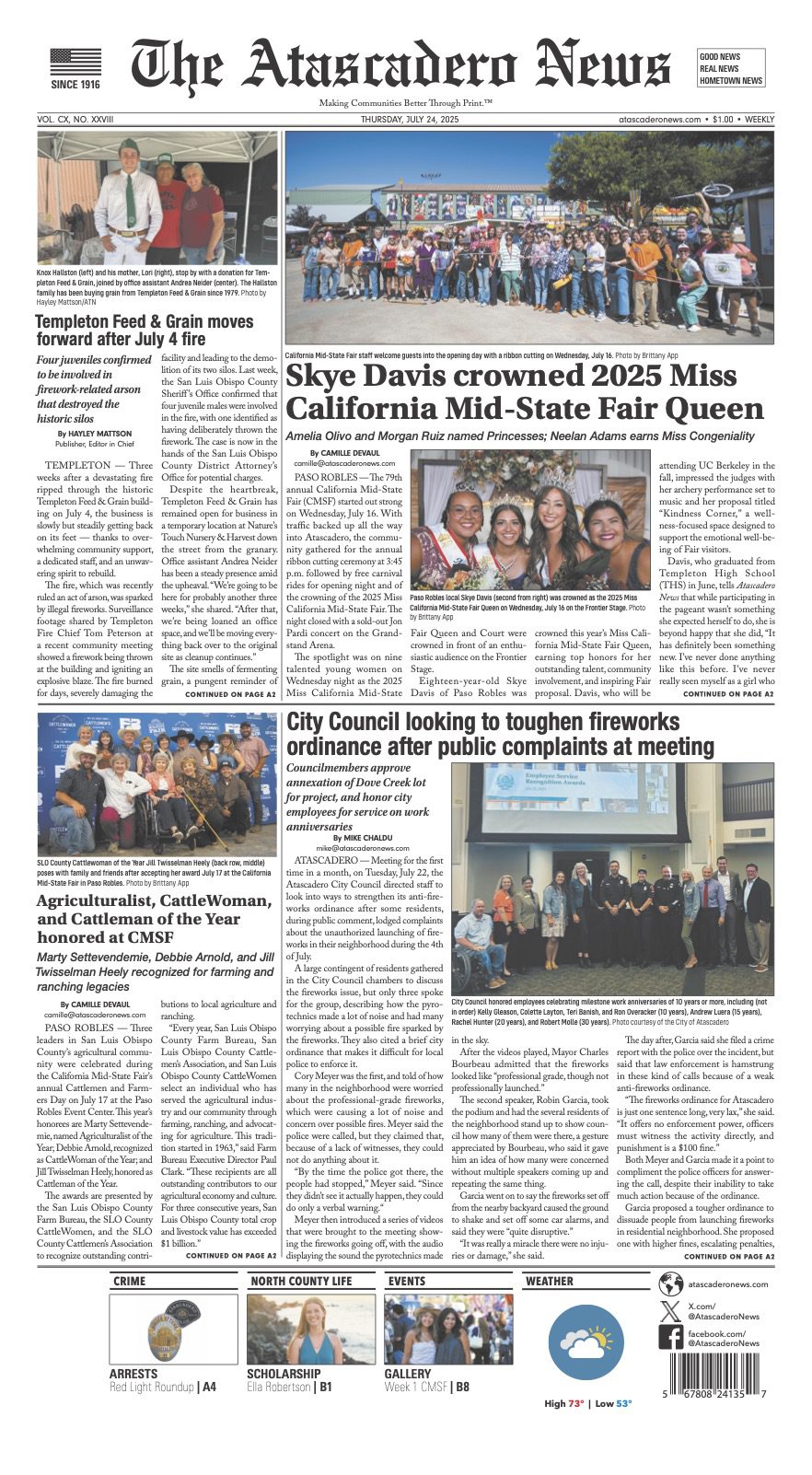WHO revises global vaccine recommendations
CALIFORNIA — In a major milestone for California, after three years health officials announced plans to ease COVID-19 masking guidelines and terminate vaccination requirements for healthcare workers in high-risk settings.
The California Department of Public Health declared that statewide mask usage in healthcare facilities, correctional facilities, and emergency and homeless shelters will no longer be mandatory, effective April 3. At the same time, COVID-19 vaccinations will no longer be required for healthcare workers, including those in adult and direct care settings, correctional facilities, and detention centers.
Dr. Tomás Aragón, California’s public health director and state health officer, explained that the state has reached a point where it can balance the need for prevention with the reality of living with the virus. The decision to ease restrictions comes as Governor Gavin Newsom officially ended California’s three-year state of emergency that was sent in place on March 4, 2020.
Despite the relaxed guidelines, Aragón stated that Californians will still have access to COVID-19 vaccines, testing, and treatment without any out-of-pocket costs. Those with private health insurance or Medi-Cal enrollment can access these services from any licensed provider without additional costs until Nov. 11.
The lifting of all COVID-19 restrictions marks a significant milestone in the journey that communities have endured over the past three years. This period will not be easily forgotten and serves as a reminder of the progress that has been made towards recovery and a brighter future.
In a separate development, the World Health Organization’s (WHO) vaccine experts have revised their global COVID-19 vaccination recommendations. The updated roadmap now considers healthy children and teenagers a low priority, suggesting they may not require vaccination. The new guidelines prioritize vaccines for individuals at the highest risk of death and severe disease, taking into account the Omicron stage of the pandemic and high population immunity levels due to vaccines and infections.
The Strategic Advisory Group of Experts on Immunization (SAGE) has issued new streamlined recommendations that focus on high-, medium-, and low-risk groups. For high-priority groups, including older individuals, immunocompromised people, frontline health workers, and pregnant people, SAGE recommends additional booster doses six or 12 months after the last booster dose. Medium-risk groups, such as children and adolescents with health risks and healthy adults under 60 years old, are recommended to receive primary vaccinations and first booster doses but not routine additional boosters.
For healthy children aged six months to 17 years, countries should consider vaccination based on factors like disease burden and cost-effectiveness. SAGE emphasized that the public health impact of vaccinating healthy children and adolescents is comparatively much lower than that of traditional essential vaccines like rotavirus, measles, and pneumococcal conjugate vaccines.
SAGE’s vaccine guidance is based on current epidemiological conditions and may change if the pandemic evolves. Countries are making their vaccine recommendations based on vaccine supply and progress while acknowledging competing health priorities when it comes to vaccinations. As the situation unfolds, health officials worldwide will continue to monitor developments and adjust their strategies accordingly.
After three years of analyzing all the data and conducting research, it is now possible to advise individuals on the effects of the COVID-19 vaccines. However, it is crucial to conduct your own research and consult with your doctor before following any medical advice that does not take your medical history into account.













